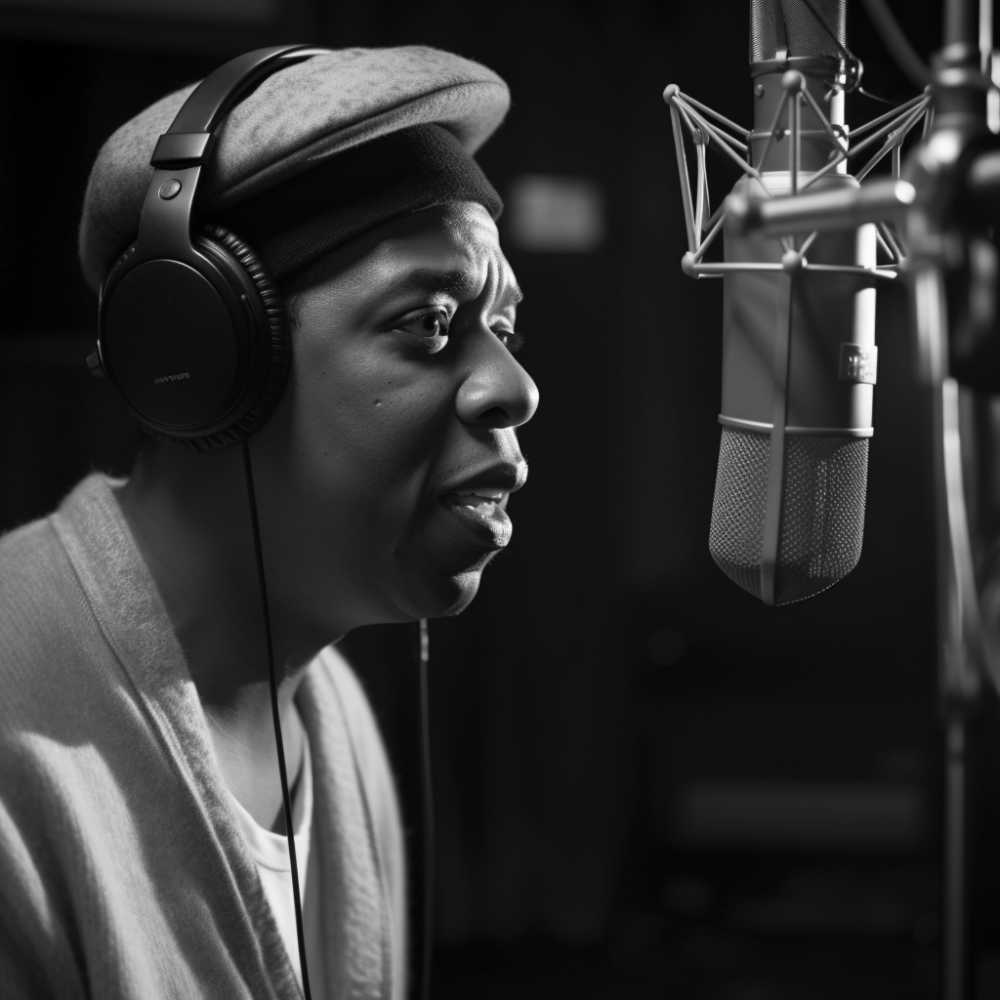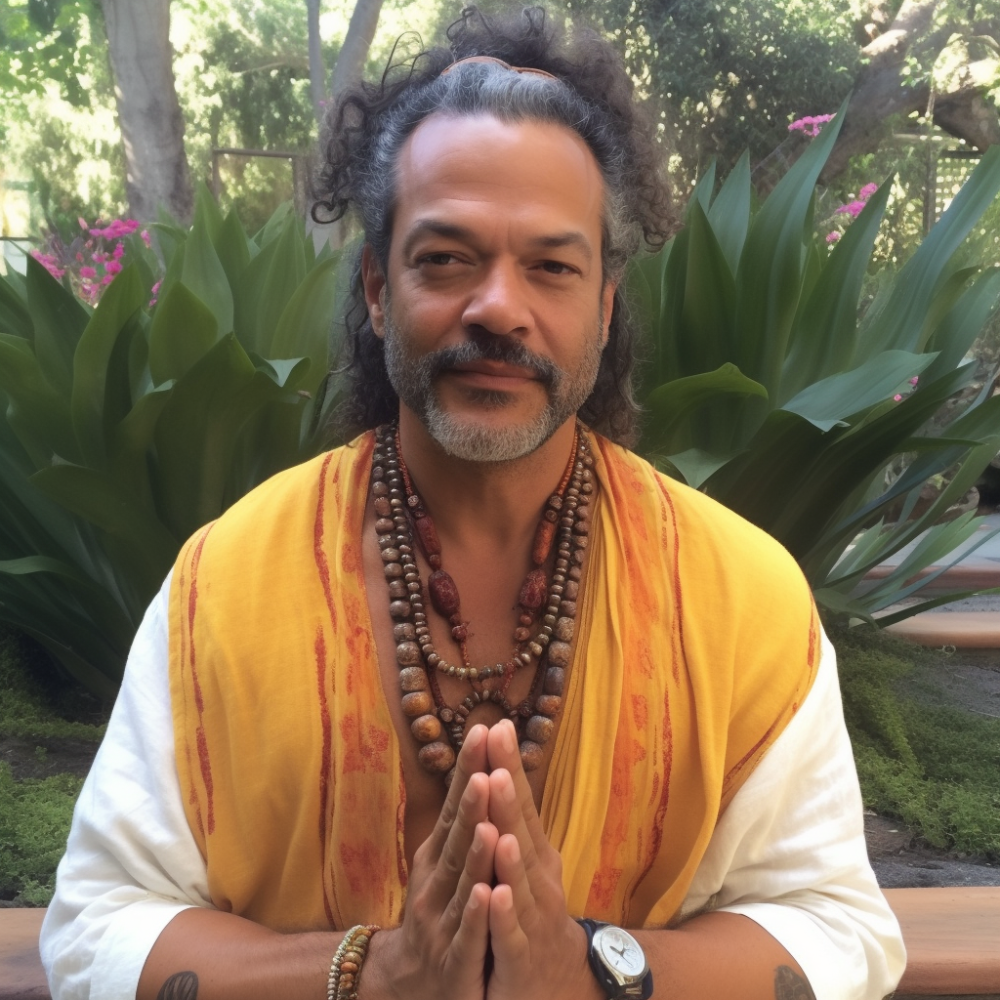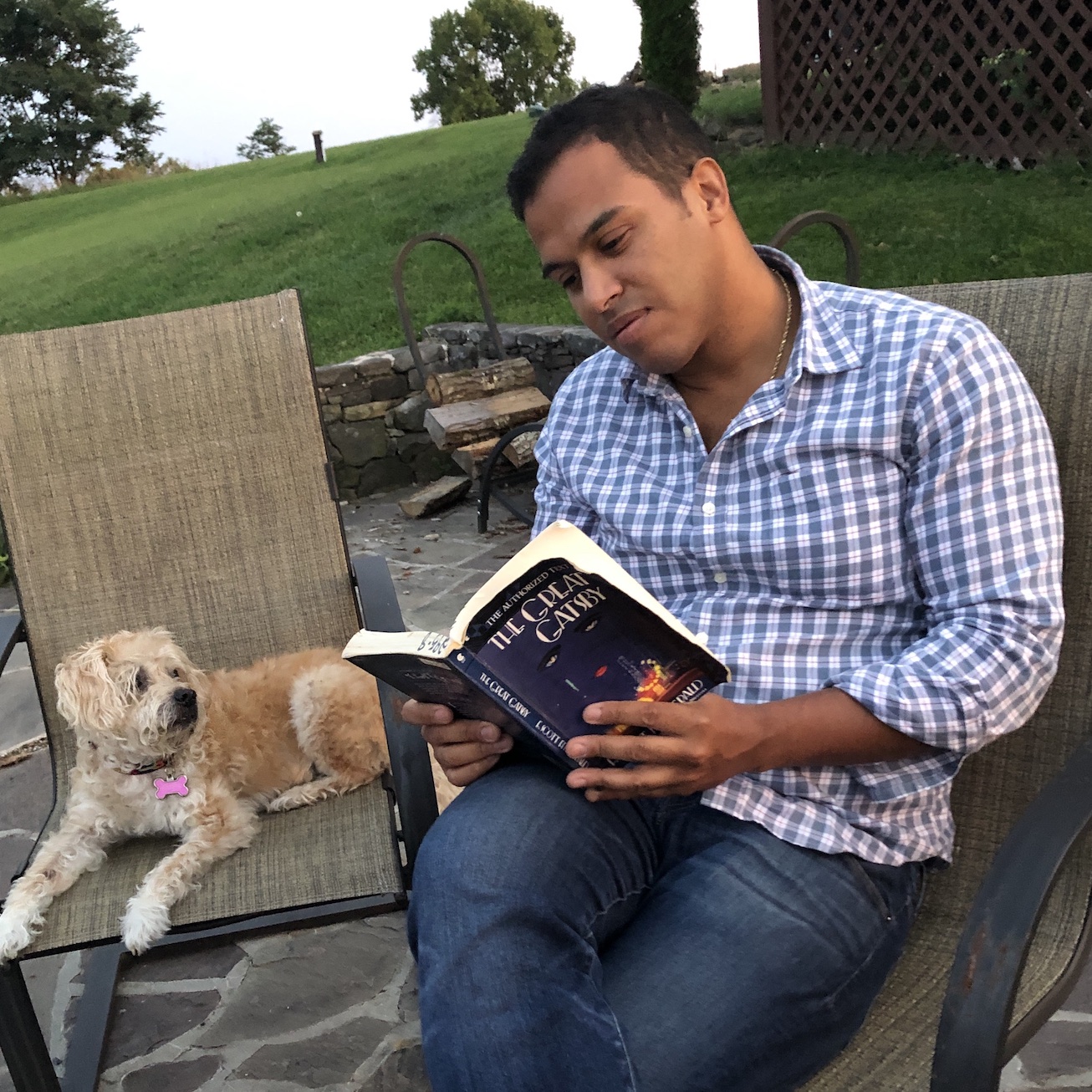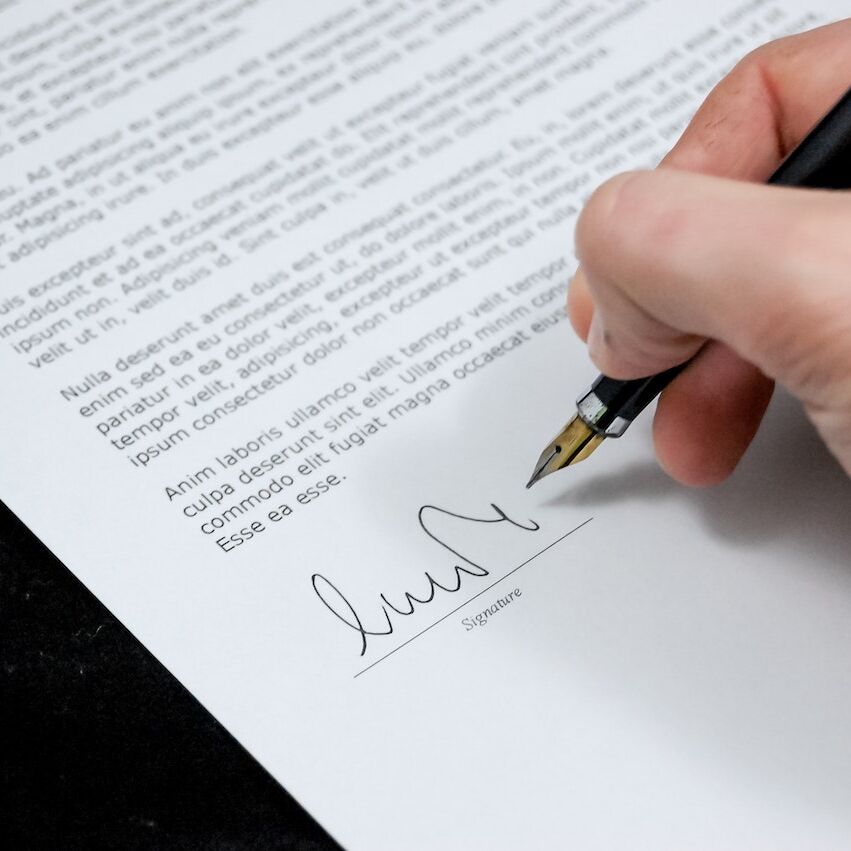The Pivot Point: How AI Music is Transforming the Industry and Reshaping Our Perception of Music
by Robert Solano
As I settled into my car, ready to drive home from work, I pondered what to listen to. My usual routine involves educational podcasts and audiobooks on my way to work, followed by music to unwind on the journey home. Then, I remembered the text from my friend earlier that day, urging me to check out a song. I hit play on the link and began my drive.
A familiar voice filled my car, reminiscent of a Jay-Z song from the late ’90s or early 2000s. I could tell that it wasn’t a new Jay-Z song. It had that old school late-1990s vibe, rather than the modern ‘Jay-yoncé’ power couple vibe. Driving through the Sonoran Desert while the sun set, I felt a wave of nostalgia wash over me. The track was great, but what surprised me most was that I hadn’t heard it before.
As I dug into the details, my curiosity quickly turned into astonishment. It wasn’t Jay-Z at all. The song, called “Savages” by a group called Alltta, was performed by artificial intelligence in the style of Jay-Z. Although the sound quality was low, it was nearly indistinguishable from the real thing.

Similar to this photo, the recent hit song “Savages” was made using artificial intelligence to imitate Jay-Z (photo by AI, credit Robert Solano/Midjourney)
Since then, I’ve heard numerous other songs by AI, including the most recent trend of using AI to sing covers of popular songs. For example, you can listen to Kanye West’s rendition of “Hey There Delilah” or Rihanna covering a Beyoncé hit. These songs are pretty good, and at a quick pass, you would think they were real.
Traditionalists argue that this isn’t music and that it should be stopped immediately. Others claim that these AI systems are stealing copyrighted works (I wrote about AI copyrite law in the article Artists vs. Artificial Intelligence), but what concerns me most is how this will change the industry forever.
This AI revolution reminds me of the early days of autotune. I recall being in college when Akon blew up with his autotune-heavy club bangers, singing about being in love with the bartender. People complained that that wasn’t true music either, but now autotune is everywhere. And since it’s higher-quality tech now, most people don’t even recognize that autotune has become commonplace in the music industry.
Autotune, once a controversial and divisive technology, has become an integral part of modern music production. The story of autotune began in 1997 when Dr. Andy Hildebrand, a research engineer with a background in geophysics, accidentally stumbled upon the idea. While working on digital signal processing algorithms for the oil industry, he discovered that the same technology used to interpret seismic data could also be used to manipulate pitch in the human voice. This led to the development of Antares Audio Technologies’ Auto-Tune, a software that allowed for real-time pitch correction, smoothing out imperfections in vocal performances.
The early days of autotune saw it being used subtly, primarily to fix minor pitch issues in studio recordings. However, it wasn’t long before artists and producers began to experiment with the technology, pushing it to the forefront of their sound. Cher’s 1998 hit, “Believe,” marked a turning point for autotune, as it was the first mainstream song to use the effect as a stylistic choice rather than just a corrective tool. This opened the floodgates for other artists to incorporate autotune into their work, with artists like T-Pain, Kanye West, and Akon heavily relying on the technology to create their signature sound. Over the years, autotune has evolved from a corrective tool to an essential creative device, shaping the music industry and redefining the boundaries of what is considered “authentic” in musical expression.

The 1998 hit “Believe” by Cher was one of the first songs to pioneer autotune as a musical style (photo by AI, credit Robert Solano/Midjourney).
Recently, I decided to put AI to the test by using it to write, illustrate, and publish a children’s book in just 8 hours – a stark contrast to my previous human-illustrated book, which took 6 months to complete. Leveraging AI-powered tools for story generation, illustration, and layout design, I was able to create a captivating and visually appealing book in a fraction of the time it would have taken using traditional methods. This experience highlights the transformative potential of AI in creative fields like the music industry, where artists can use the technology to write, compose, and edit songs more quickly and affordably than ever before. As AI continues to improve and become more accessible, we can expect its widespread adoption in the music industry, revolutionizing the way music is created and experienced.
AI music will become so commonplace in the near future that my children won’t know any different. Musicians will start using this tech to create beats, sing choruses on their songs, or even generate lyrics. Soon, we’ll go to concerts to watch artists perform music that was created by AI. I don’t necessarily know if this will be good or bad, but historically, artists who embrace new technologies tend to be the most successful.
Also, historically, new technology rarely fully replaces humans. Instead, it augments us and allows us to create new art forms. The future of music will be a world where musicians and artificial intelligence combine to create something even more beautiful and unique than either could create on their own.
So, as I continue driving home, reflecting on the ever-changing landscape of the music industry, I can’t help but feel a sense of excitement. As a society, we are approaching a pivotal point where AI will forever change how we create and perceive music. Will we embrace it, or will we resist? Only time will tell. But one thing is for certain: the music of the future will be a harmonious blend of human artistry and artificial intelligence, opening up a new world of possibilities. And I, for one, am eager to hear the symphony that awaits us.
Take your business to the next level
5 Minutes That Will Make You a Better Leader
Get actionable leadership advice to your inbox every Monday morning. Read, listen, or watch to be the leader that your business and family need you to be.






